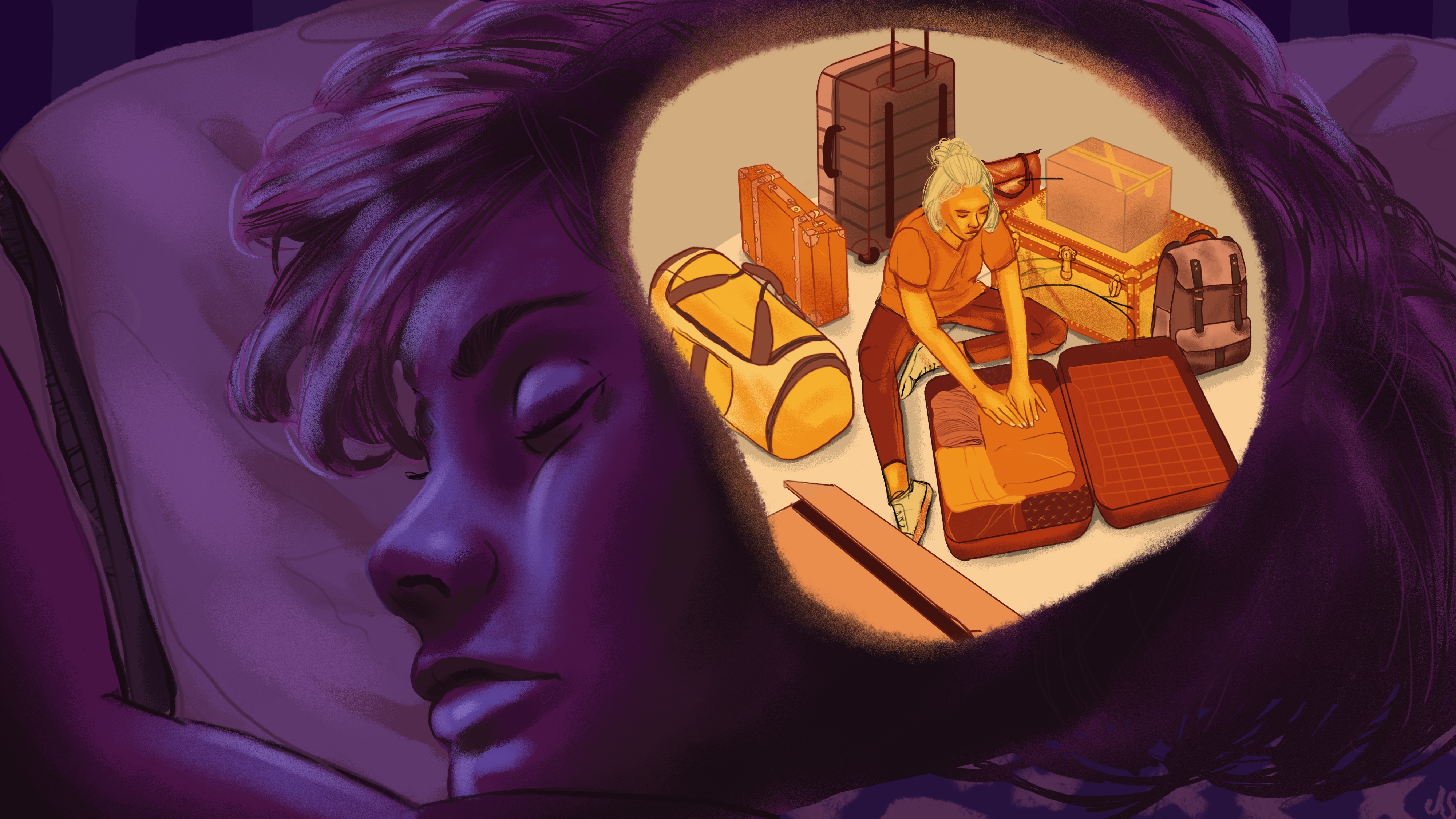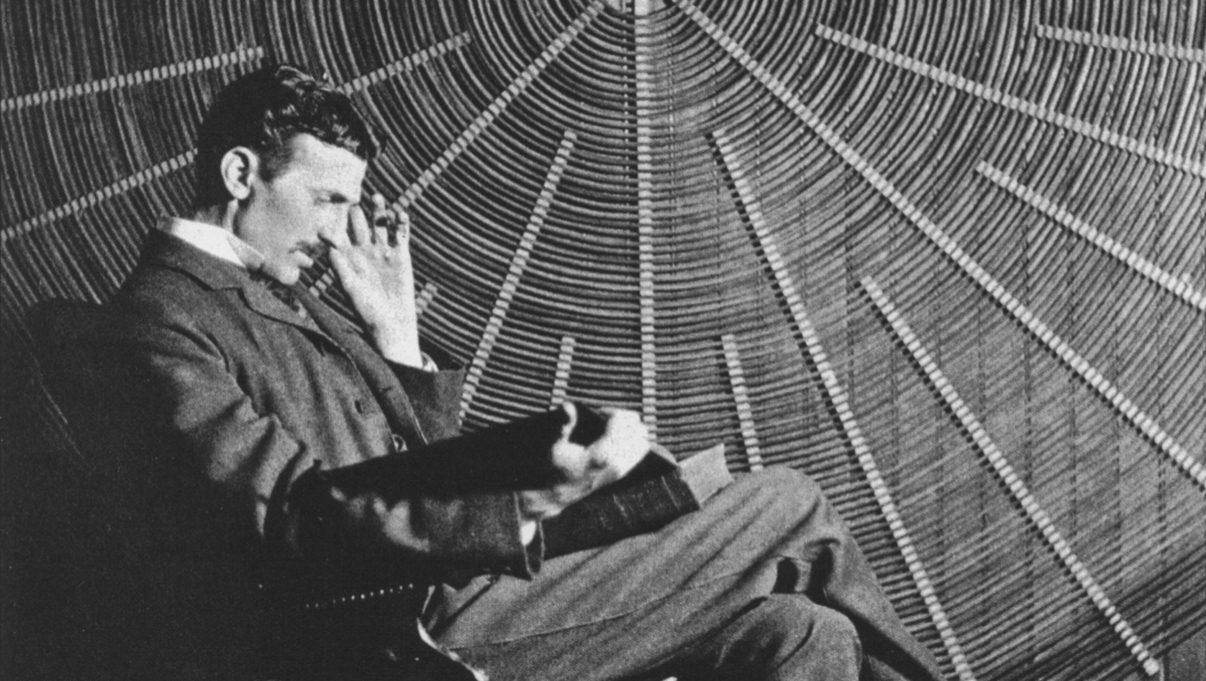Whether real or imagined, encounters with supernatural agents have been a consistent aspect of human experience for at least 30,000 years, spanning all cultures. Neuroscientist Patrick McNamara believes this is no coincidence. He argues that these agents fulfill essential roles for individuals and communities, including healing from trauma, discovering purpose, and alleviating anxiety.
Supernatural agents are generally considered to be entities with extraordinary powers, including gods, spirits, angels, demons, and ghosts. They are believed to know our thoughts and desires, possess the ability to heal and curse, and establish standards for humans to aspire to. People have reported encounters with these supernatural agents not only in religious contexts but also in non-religious settings, such as deep meditation, dreaming, and psychedelic experiences.
How can we make sense of this strange phenomenon? One way is to analyze brain activity: McNamara’s research reveals a similar pattern of brain activity during psychedelic experiences, REM sleep, and religious experiences where subjects encountered supernatural phenomena. These brain activity patterns are distinct from those observed when subjects are exposed to control agents. While debates continue about the reality of supernatural entities, those who have experienced them frequently describe them as authentic beings, not mere hallucinations. McNamara’s research aims to investigate this question further and explore how humans can continue to utilize the supernatural for personal and societal growth.
McNamara: Now, I think it's fair to say that supernatural agents have been part of the human experience for at least 30,000 years. Across all ecologies, all cultures, all living conditions, all epochs, one of the few constants of the human experience is the invocation and the postulation of supernatural agents. So why, why is that the case? One possibility is that supernatural agents are real. Maybe they're real. Another possibility is that they're not real, but they perform some vital function for human groups and human individuals, or they help us with healing, and with anxiety levels.
But what we're seeing all around us now in the current modernized societies, you know, people losing traditional religious orientations left and right, I mean, it's ubiquitous. So if that evidence is correct, that they perform these vital functions for human groups and human individuals, then a natural question arises: What happens when you stop believing in, you know, supernatural agents? What do you do then? So it's important to define what we mean by "supernatural agents," since it plays such a central role in religious consciousness, at least traditionally.
So a supernatural agent, in general, is an agent with special, superhuman powers. They typically are disembodied, but not always. And the crucial thing is that they know what we're thinking and desiring. They have powers to heal, and powers to curse. They tend to set up standards that human beings are expected to strive towards, and they tend to put human beings in a servile, petitionary stance. So we approach them with reverence, awe, fear: and all kinds of ceremonial rituals. We're always saying, "Please give us blessings and help, and then we'll sacrifice to you, we'll worship you, we'll organize our lives around you."
What you find when you start to study the attributes and powers of supernatural agents, in particular, in relation to individuals, is that the agentic sense of self, the executive self, gets diminished. So a natural question arises: Why? Why do the supernatural agents want that? And why would we go along with it? What benefit, if any, do we derive from that process? When we relate to a supernatural agent, there's a lot more at stake than when we relate to an ordinary agent. You know, our entire lives are in the hands of our loved ones, in a sense, it's true. But when we relate to a supernatural agent, when we really believe that they're real and that they can confer blessings or curses on us, then we gotta approach them with due safety procedures in place because we give them such power over us. We need these guardrails to relate to supernatural agents.
So a big question that comes up when you're studying supernatural agents is: 'Is a set of brain activity patterns any different when we're relating to a supernatural agent versus some control agent, like a particularly significant loved one or a prominent, powerful individual?' And the answer is: yes. We have noticed very different brain activity patterns when people are cognizing, remembering, or imagining, or praying to supernatural agents versus interacting with ordinary control agents. The default mode network is more intensely activated, particularly the the set of structures that we see during REM sleep. Those include things like the hippocampus and the amygdala, the default mode network and the salience network. Whereas, the dorsilateral prefrontal, and the parietal executive function networks are downregulated. So the downregulation, those networks facilitate that petitionary stance, and the upregulation of all those social brain areas, and REM sleep areas tend to activate the experiential aspects in the postulating of a superhuman mind that can read our minds.
Now a question comes up about when people who consider themselves non-religious or in non-religious context encounter what we would normally call a supernatural agent- and that's happening quite a bit these days in psychedelic experiences. The question of whether or not the same brain activity patterns associated with supernatural agents that occur during psychedelic experiences, versus those that occur during REM sleep or during religious experiences is a crucial question that we don't know the answers to yet. But initial indications are very similar, brain activity patterns are occurring in all cases. There's a lot of sensory associations going on during these encounters with the supernatural agents.
After studying these supernatural agents, both in psychedelic contexts and in standard, experimental neuroscience protocols, question comes up about their ontological status- 'cause people who experienced them, even people who claim they were atheists, they're saying, "I experienced them as absolutely real entities. They don't follow my desires, or my will, or my agency, and they have independent effects, and I believe they exist whether or not I'm interacting with them." So very healthy people experience supernatural agents all the time- they believe they're real. In experimental neuroscience protocols, nothing about what we've learned so far about brain activities in relation to supernatural agents suggest that they're mere hallucinations. What to think of them ontologically is an open question.






